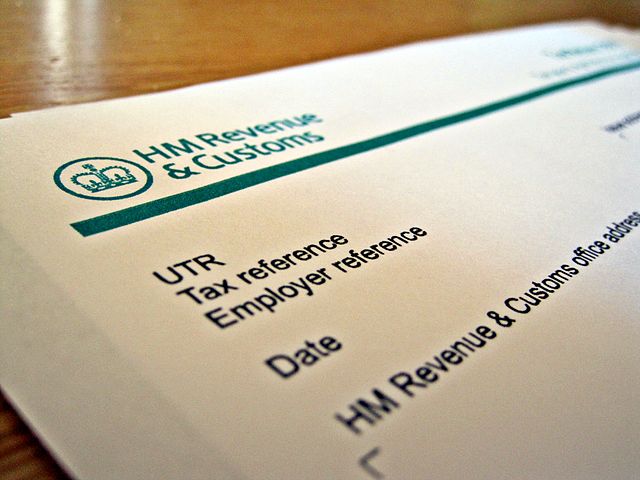Drafting contracts of employment and employee handbooks

Employment law advice about employment contracts
Employment law makes a contract of employment an agreement between an employer and employee about the offer of benefits to the employee in return for work carried out. When the employment contract is accepted, rights and duties become enforceable through employment tribunals. A written contract can reduce disputes between the employer and employee at a later date.
Employment contract
The best employment lawyers regard a contract as something that binds employer and employee until it ends, usually, when the employee leaves or when both parties agree changes to the contract. A ‘contract to provide services’ differs because the ‘employee’ is actually self-employed.
Employment law solicitors advise that a self-employed person will have fewer rights in comparison with an employee. Whereas, a temporary agency worker may be contracted with the agency under a ‘contract for services’ and the agency is obliged to provide a written contract.
Whether it is written or not, employment contract law accepts that the contract is the basis of the employment relationship. According to the Employment Rights Act 1996, employers are required to provide employees with a statement of contractual terms from day one of starting work or before. Yet, according to employment law, the contract does not set out all of the terms of the relationship between employee and employer.
There are also terms in the contract that are ‘implied’ i.e. they do not have to be explicitly stated. Also, some terms become ‘implied’ because certain practices become customary. These implied terms, under employment law, are unwritten parts of the contract.
The contract starts when the employee begins work whether there is anything in writing or not. The contract could begin before work starts if the:
- – job offer is accepted verbally or in writing
- – offer was unconditional or the person met all the conditions, such as satisfactory references
- – terms of the job are set out in a clear and definite way, verbally or in writing.
Employment contract terms
A contract of employment is made up of:
- – ‘express terms’ – specific terms agreed in writing such as pay
- – ‘statutory terms’ – terms are written up in law, such as employment law
- – ‘implied terms’ – such as mutual trust and confidence and workplace custom and
practice - – ‘incorporated terms’ – such as terms and conditions stated in the staff handbook or
workplace agreements affecting many or all employees.
The contract can also contain ‘restrictive covenants’ that prevent a person whose contract has ended from engaging in particular actions that might affect the former employer. This might include the former employee agreeing, for a certain period of time, not to use information gleaned during their former work.
Employment contract law states that employers are required to have statements about thedisciplinary procedure and rules, grievance procedure and, if five or more people are employed, a health and safety policy. Staff handbooks that contain information about the policies and procedures of the employing organisation can do this. An employer must tell employees how they can access handbooks and other documents that contain employment terms not in the contract of employment.
Employment contract law advice
Employment law solicitors would insist that an employee has a legal right to a written contract that sets out of about the agreement between employer and employee. It does not matter how many hours is worked by the employee.
The terms of employment that should be in the written details include:
- – names of the employee and employer
- – job title
- – date the employee started work
- – the amount of pay and when the employee is paid
- – hours of work
- – location of the employee’s workplace
- – details about discipline, dismissal or resignation
Some terms do not have to be set out immediately.
Employees legal rights, called ‘statutory rights’ if they are not in the employment contract and ‘statutory terms’ if they are in the contract. These include:
- – pay should be at least the National Minimum Wage
- – a written statement of the terms of employment
- – an itemised pay statement
- – maternity leave
- – compensation for redundancy, and
- – not be unfairly dismissed
It should be stated that the current legal situation is that an employee has the right not to be unfairly dismissed after working continually for the employer for two years.
The employee also has the right not to be discriminated against or treated unfavourably compared to others based on terms set out in the Equality Act.
An employer will require specialist employment law advice to produce a contract or handbook.












